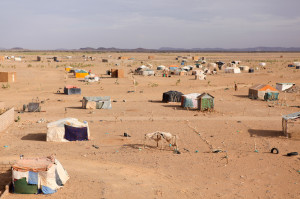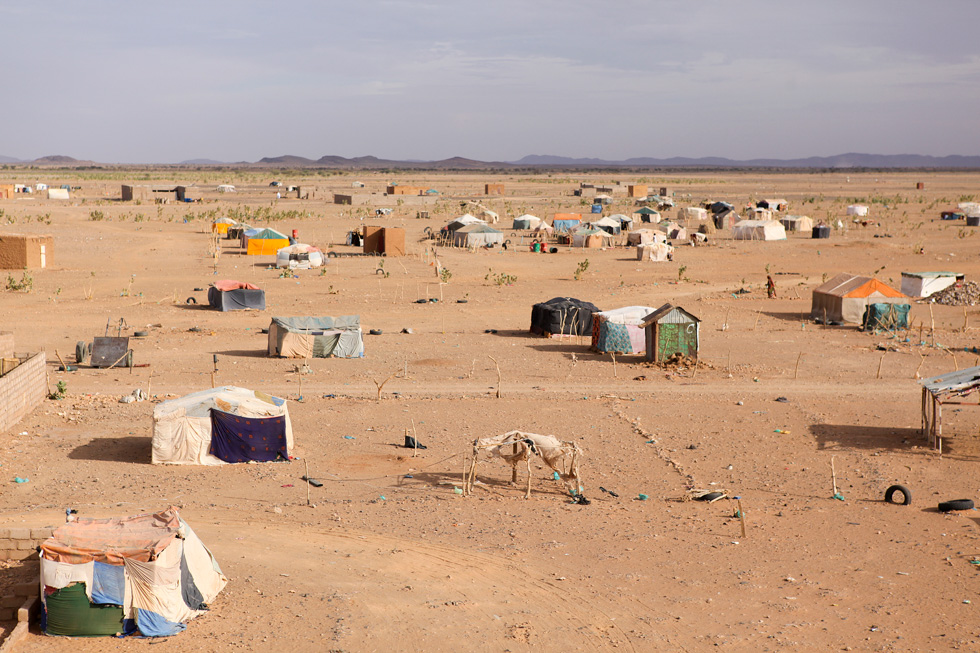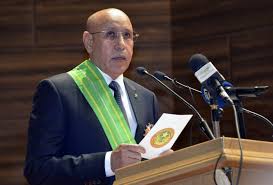 Mauritania which is pinpointed by several international and national NGOs for the practice of slavery that is still common in the country decided to set up a special court to try slavery crimes and help thus put an end to the practice.
Mauritania which is pinpointed by several international and national NGOs for the practice of slavery that is still common in the country decided to set up a special court to try slavery crimes and help thus put an end to the practice.
The Judiciary Supreme council, chaired by the head of State, decided this week to establish a special court to prosecute crimes of slavery, it was officially reported.
Under the constitutional reforms introduced in 2012, slavery started to be considered a crime, but was prosecuted in ordinary courts that could sentence persons convicted of slavery to up to ten years in prison.
Anti -slavery NGOs in Mauritania, such as SOS Slaves and Initiative for the resurgence of the struggle against slavery (Ira,) are very active and are entitled by the law to denounce slavery and support the victims.
Also, Mauritania established last March a national agency to finance micro projects for former slaves.
The West African nation, the last country in the world to officially abolish slavery in 1981, is still at grip with the problem and is topping the Walk Free Foundation 2013 index with between 140,000 and 160,000 slaves out of a population of just 3.8 million.
According to other NGO, estimates are higher and slavery may effect up to 20 percent of the population, which is composed of various communities, including the Moors and black Mauritanians.
Slavery in Mauritania primarily takes the form of chattel slavery, meaning that adults and children in slavery are the full property of their masters who exercise total ownership over them and their descendants. People in slavery may be bought and sold, rented out and given away as gifts, explains the Walk Free Foundation.
According to the foundation, slavery is prevalent in both rural and urban areas and women are disproportionately affected by the practice.



